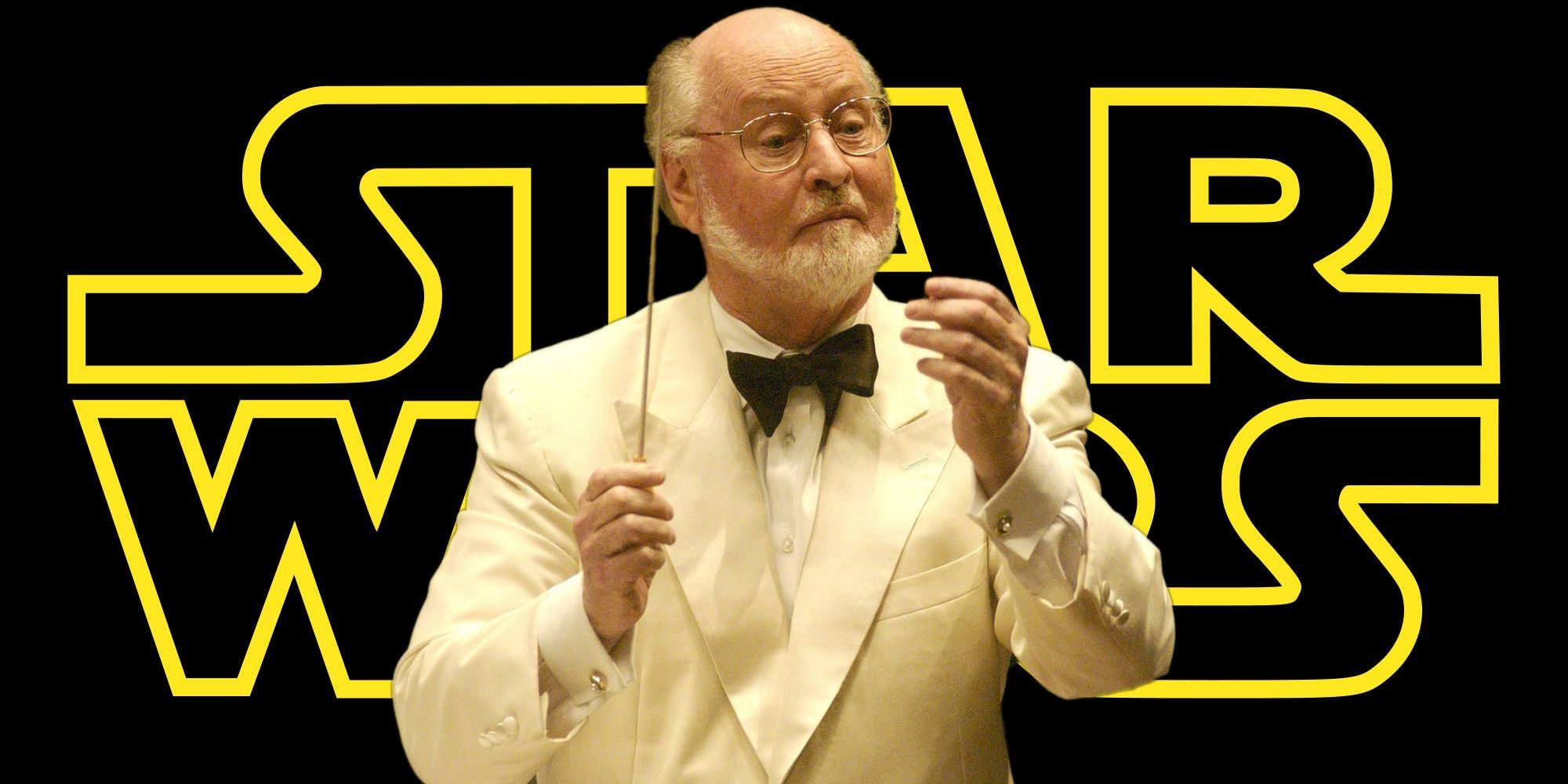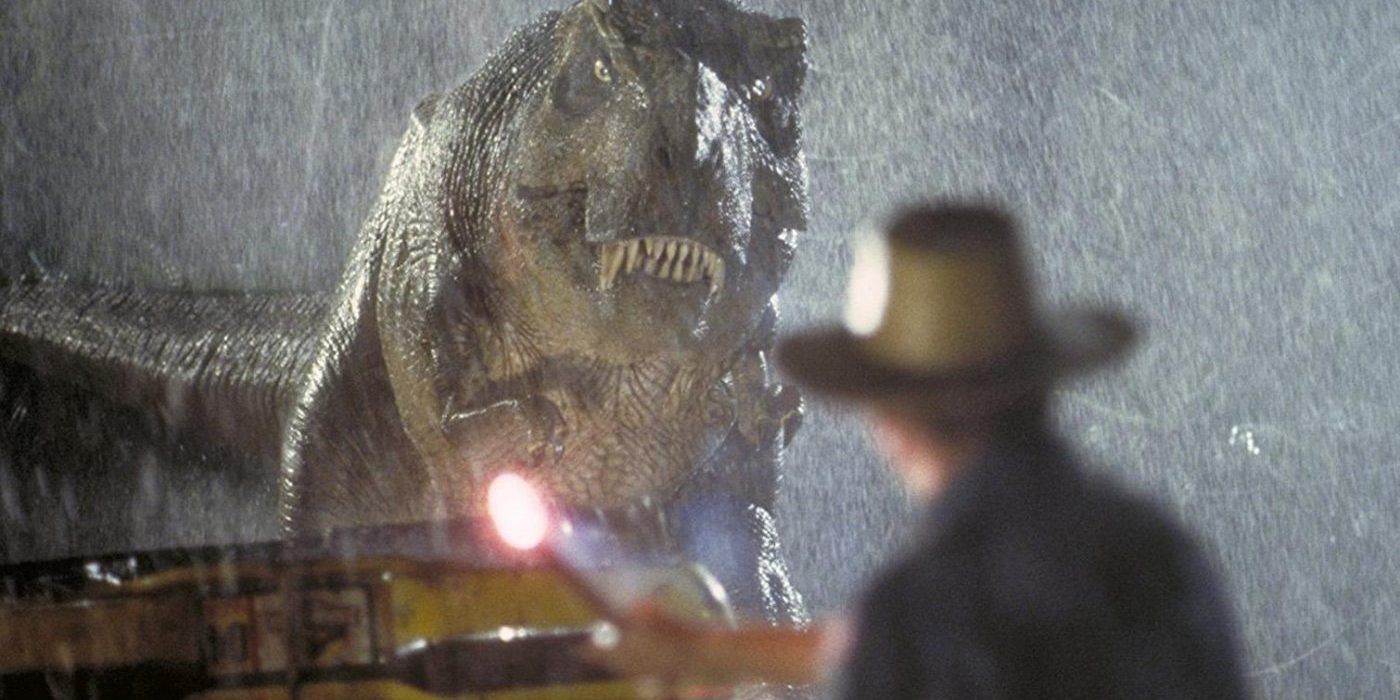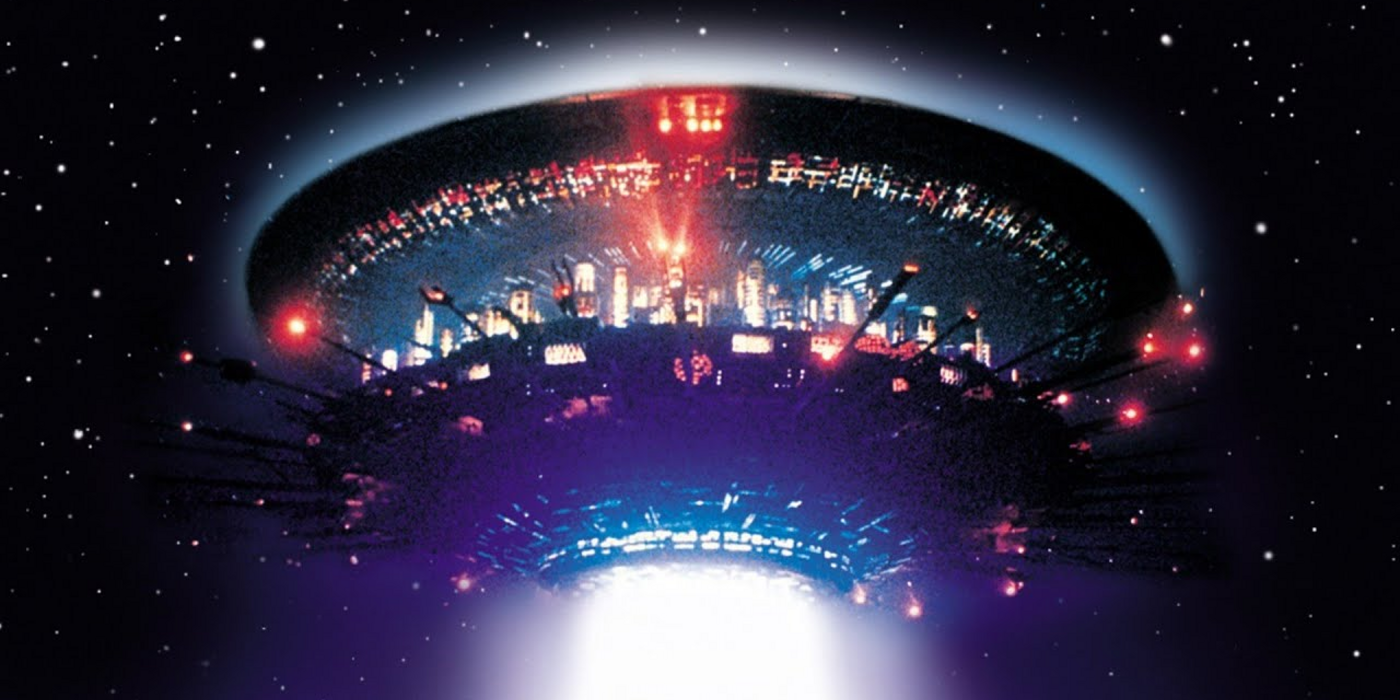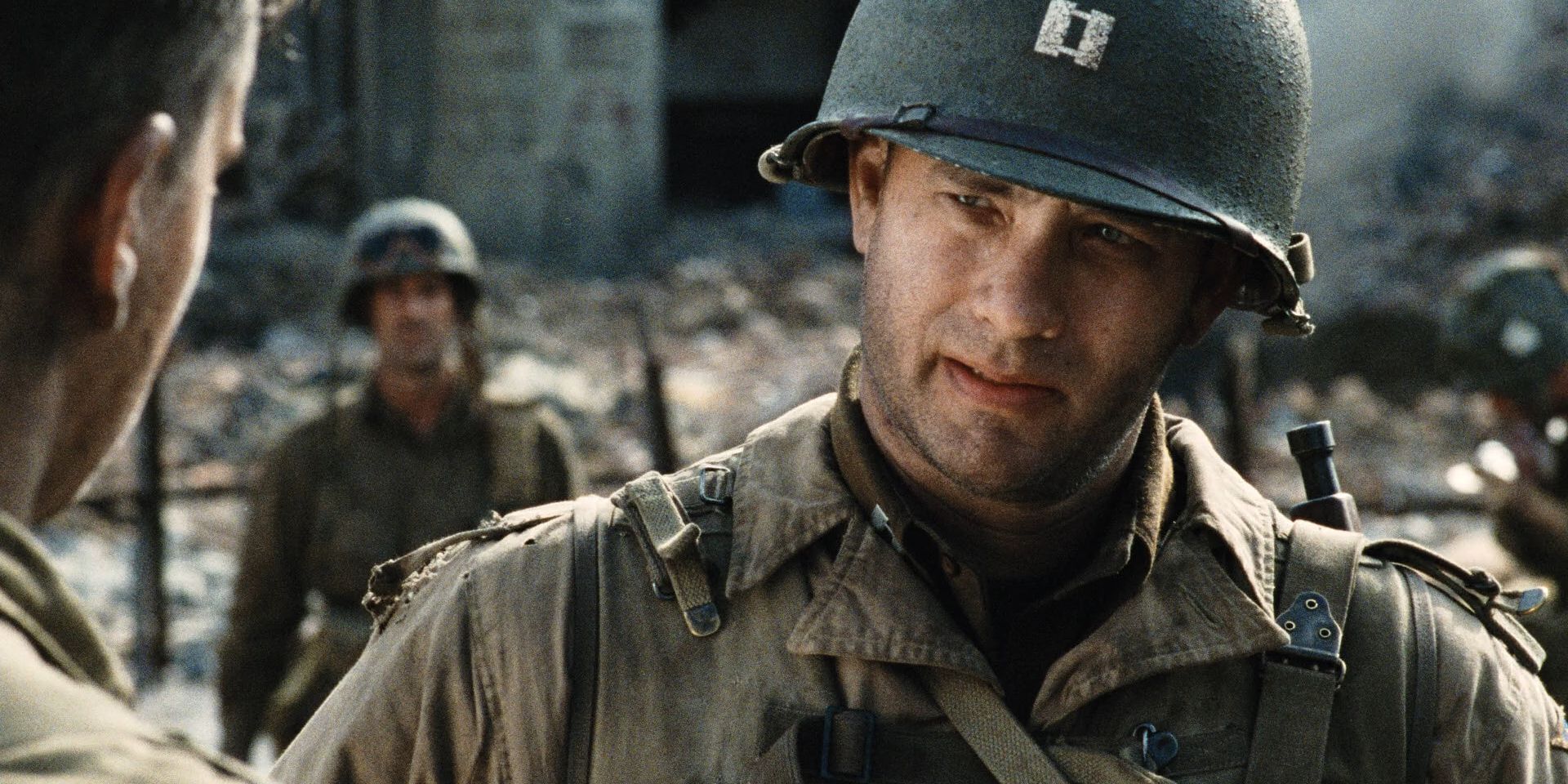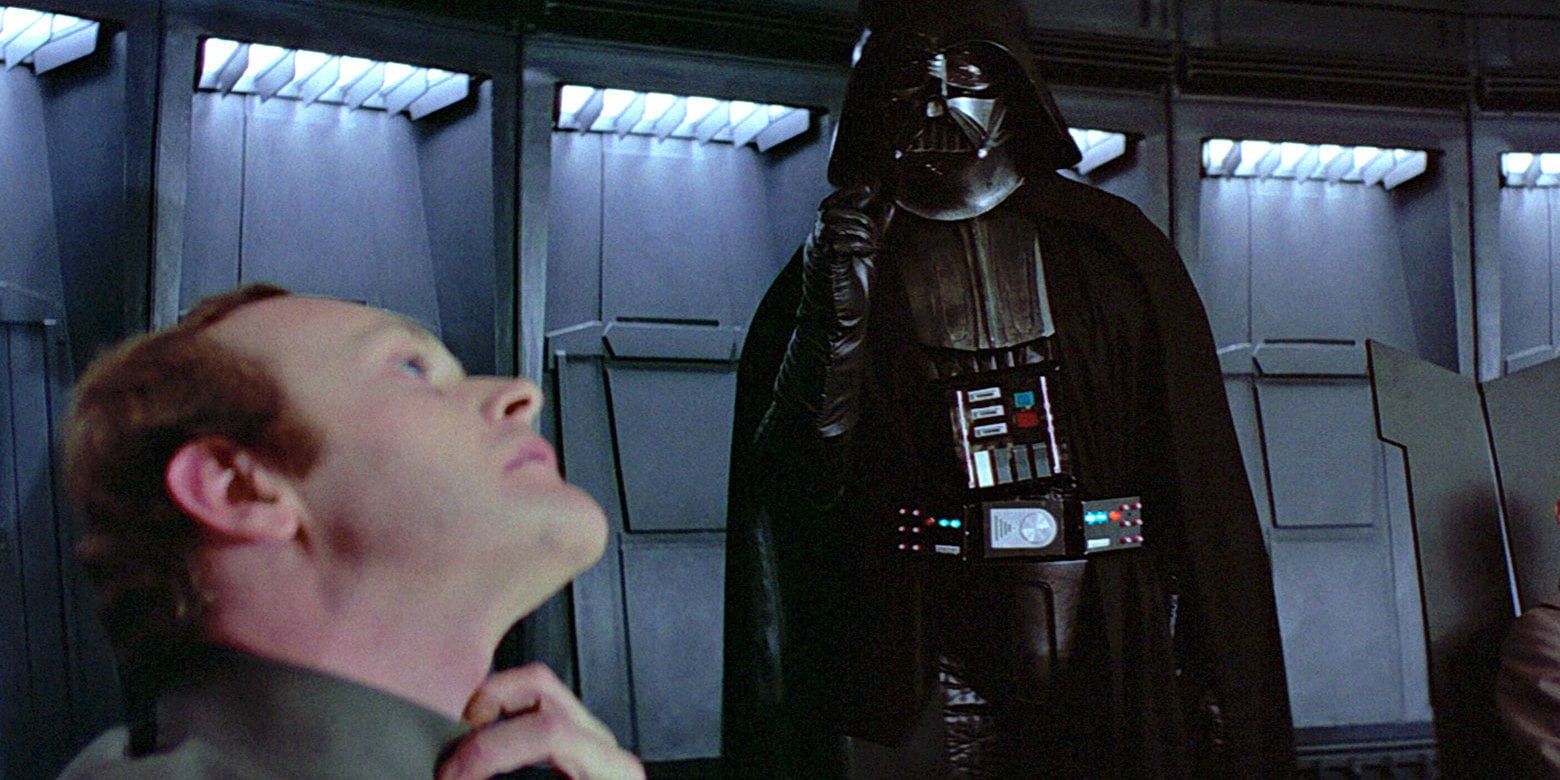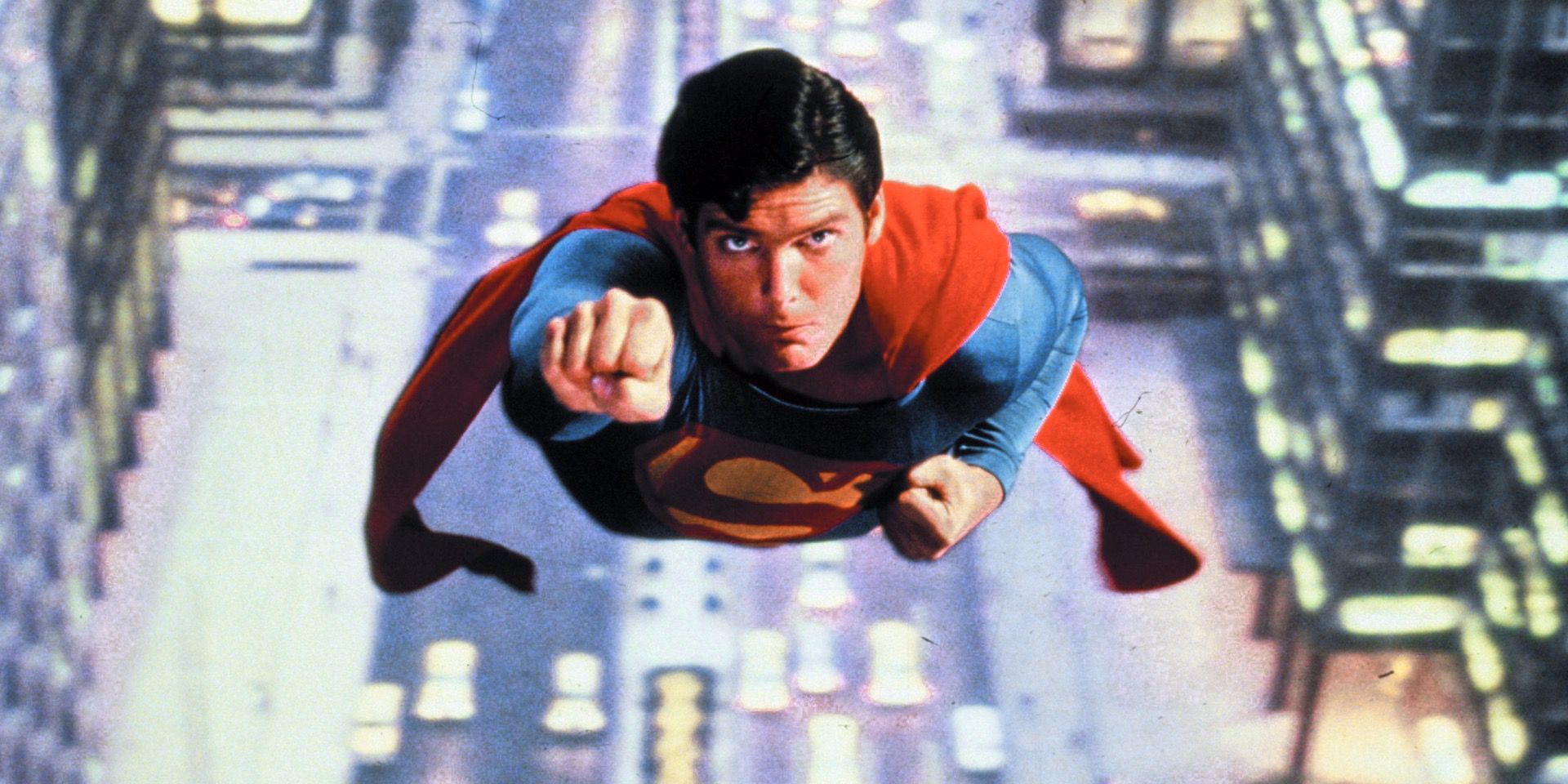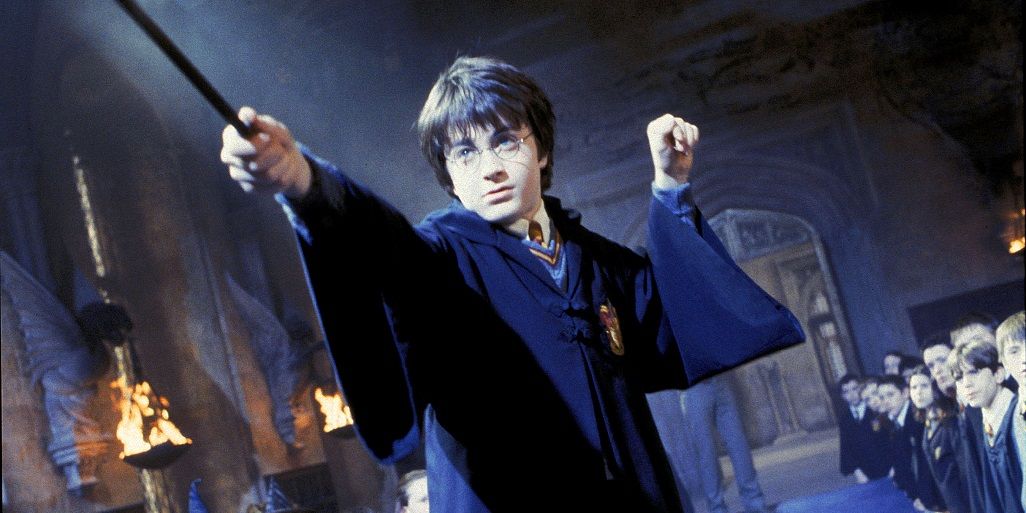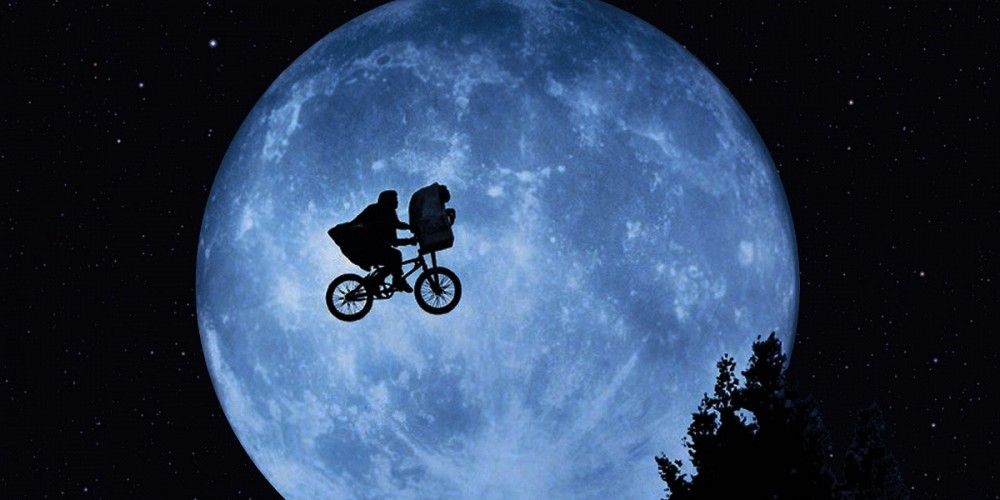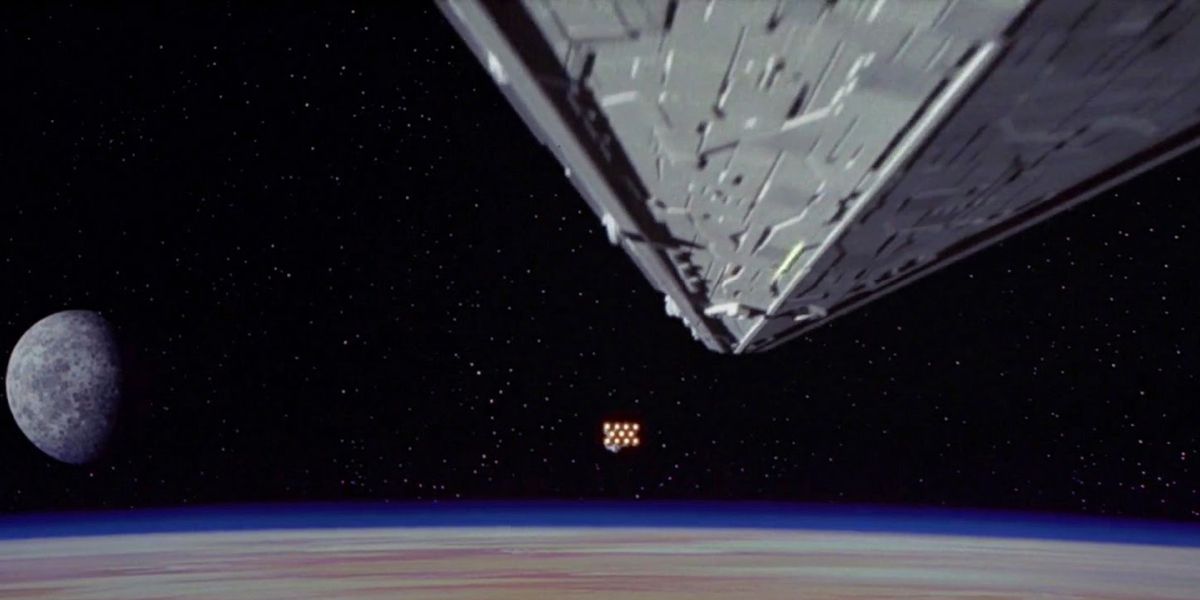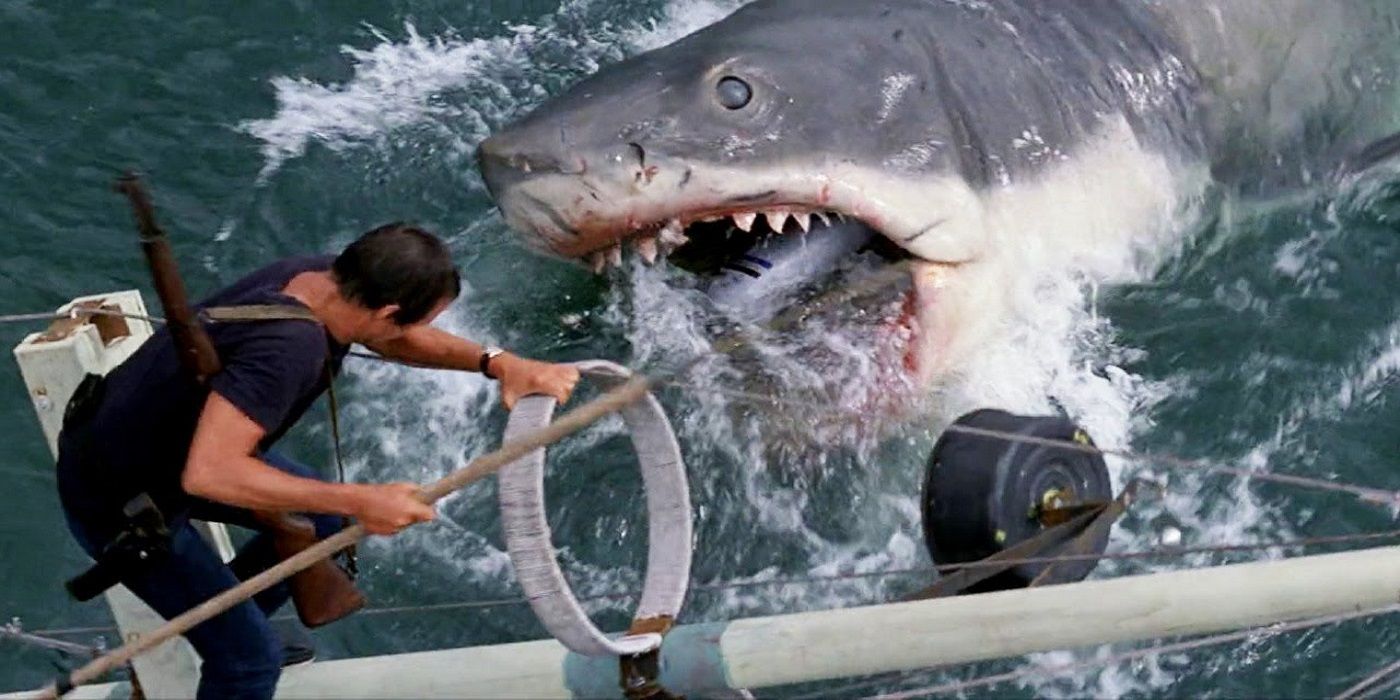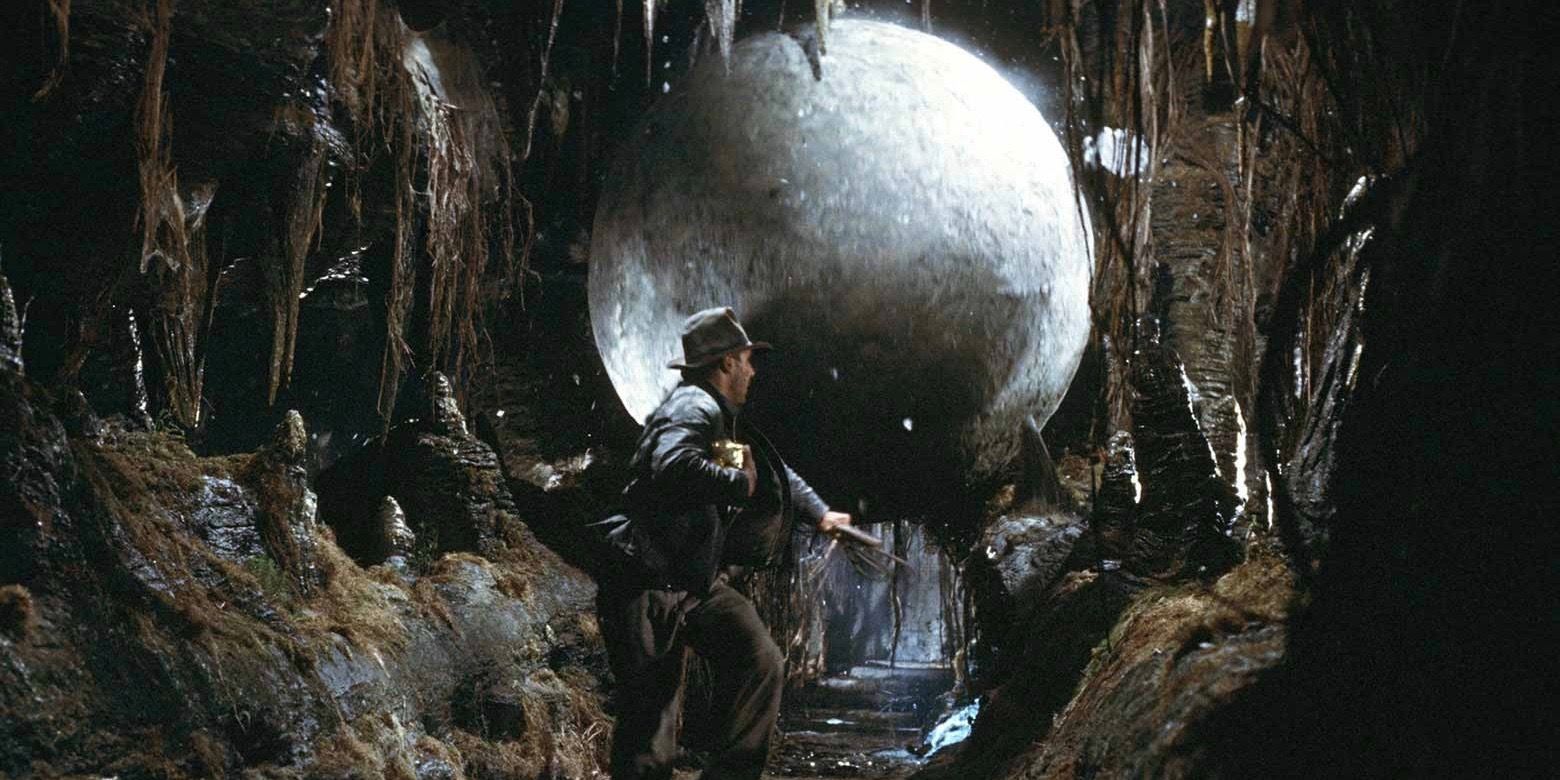Ask any movie fan to name a composer of film scores and it’s likely that the first name to come up will be John Williams. With his distinctive orchestral sound and a perfectly matched set of eyes and ears that tell him what will sound great against certain imagery, Williams has crafted some of the most iconic movie themes of all time. He managed to scare millions of people from ever going in the ocean again with just two well-placed musical notes. One musical motif alone conjures up the image of an archeologist-turned-explorer armed with a bullwhip and fedora. And one of his compositions has the power to transport the listener to a galaxy far, far away. Here are John Williams’ 10 Greatest Movie Themes, Ranked.
Jurassic Park – “Theme from ‘Jurassic Park’”
The theme from Jurassic Park first comes on the soundtrack when Alan Grant and Ellie Sattler arrive at the park and first lay eyes on the Brachiosaurus (the same Brachiosaurus that we saw burned alive last year in the crushingly disappointing Jurassic World: Fallen Kingdom). The way John Williams saw it, witnessing a dinosaur up close in real life as it ate from a tree would be a beautiful sight, so he wrote the theme to reflect that. It’s a lot gentler than Williams’ other themes, but it was made to be paired with the beauty of nature and not with the action set pieces, so that works in the tune’s favor.
Close Encounters of the Third Kind – “Theme from ‘Close Encounters of the Third Kind’”
Steven Spielberg made the definitive UFO movie when he helmed Close Encounters of the Third Kind. It’s not about aliens invading Earth or blowing up the White House; it’s simply about aliens making contact with Earth. That alone should be interesting enough, and despite Hollywood spoiling audiences with worldwide destruction, Spielberg made it interesting. John Williams’ Close Encounters theme is soulful and powerful, and it’s integral to the plot. The five-note motif that Williams used to define the movie is the five-note motif that scientists use to communicate with the aliens when their ship lands in the movie’s final moments.
Saving Private Ryan – “Hymn to the Fallen”
When he wrote the score for Steven Spielberg’s World War II epic Saving Private Ryan, John Williams used each family of instruments for a certain tone. He used string instruments for warmer, more heartfelt moments; brass instruments for more harrowing moments; and horn instruments for brooding, meditative moments. Williams recorded the score at the Symphony Hall in Boston with the help of the Boston Symphony Orchestra, and they gave the film an astounding soundtrack. He and Spielberg decided that they wouldn’t use music in any of the battle sequences, instead letting the fighting speak for itself. “Hymn to the Fallen” is an emotional tribute to WWII veterans.
Star Wars – “The Imperial March (Darth Vader’s Theme)”
George Lucas originally wanted to use existing recordings of classical music on the soundtrack for Star Wars, similar to Stanley Kubrick’s 2001: A Space Odyssey, but thankfully, he decided to recruit John Williams to write an original score that would go on to define the saga. Whereas the “Main Title” theme evokes memories and iconography from the saga as a whole, “The Imperial March” specifically evokes the character that it was written for: Darth Vader. Perhaps the greatest movie villain of all time, Vader needed one of the most memorable themes (or “leitmotifs,” to be exact) of all time to back it up, and courtesy of Williams’ ominous, military-inspired tones, he got just that.
Superman: The Movie – “Theme from ‘Superman’ (Main Title)”
The films of the Marvel Cinematic Universe are often criticized for lacking any memorable themes, and while this is only true to an extent, the producers could stand to take a page or two out of John Williams’ book. His score for Superman: The Movie is so iconic that it was reused in 2017’s Justice League, because Warner Bros. simply couldn’t come up with a tune to define the Man of Steel as well as Williams’ old theme did.
Williams’ theme encapsulates the heroic character it was written for, while its theatrically campy tone fits in perfectly with the self-effacing movie.
Harry Potter – “Hedwig’s Theme”
While the Harry Potter film series doesn’t technically have a main theme, “Hedwig’s Theme” has become associated most with the franchise and continued to be used in every sequel after John Williams composed it for Harry Potter and the Sorcerer’s Stone. Williams wrote a ton of themes for the first Harry Potter movie — two for Voldemort, two for Hogwarts, two for friendship, one for Quidditch, one for Diagon Alley etc. — but “Hedwig’s Theme” is easily the most memorable. Williams used a little-known instrument called a celesta to give it that magical, ethereal, mysterious sound that made it such a perfect fit for the wizard-focused franchise.
E.T. the Extra-Terrestrial – “Flying”
John Williams was awarded one of his many Oscars for his soundtrack for Steven Spielberg’s heartfelt sci-fi drama E.T. the Extra-Terrestrial. Spielberg crafted one of the most memorable frames in cinematic history for the scene where E.T. causes Elliott and his friends’ bikes to fly across a full moon — so memorable that the director went on to use it as the logo for his production company — and the power and beauty of the scene were helped in no small part by Williams’ theme for it, “Flying.” It’s one of the most inspiring and heartwarming compositions ever matched to a film.
Star Wars – “Main Title”
This is the theme tune that settles you in for another escapist intergalactic adventure when you head into the theater to watch the latest Star Wars movie. Each of these movies opens with the caption, “A long time ago in a galaxy far, far away...” followed by the title “STAR WARS” bursting onto the screen and slowly zooming off into space, followed by a crawl of text introducing the plot. There’s no way that these openings would be anywhere near as effective if they didn’t have Williams’ breathtaking score playing over them. It’s a case where a theme and its franchise are paired perfectly.
Jaws – “Theme from ‘Jaws’”
John Williams’ soundtrack for Jaws earned him his second Academy Award (and first for Best Original Score) and it was also ranked the sixth greatest film score of all time by the American Film Institute. Williams saw similarities between Jaws and pirate movies, so his score was inspired by other pirate movies.
But arguably, the whole 35-minute score boils down to the two iconic notes that make up the theme tune. With its slowly increasing tempo, the theme from Jaws is the musical equivalent of a shark locking onto its prey and mercilessly hunting them down. It pairs perfectly with Steven Spielberg’s use of point-of-view shots in lieu of a shark.
Indiana Jones – “The Raiders March”
Any movie franchise centered around one character should have an unforgettable theme that, whenever it’s played, immediately evokes that character. Perhaps the greatest example of this in film history is the Indiana Jones movies. John Williams’ “Raiders March” theme effectively captures the sense of adventure, danger, and charm that the Indiana Jones films have consistently delivered (apart from that one time when they failed to deliver), and pair perfectly with the character himself. Williams lost out on the Oscar for Best Original Score for Raiders of the Lost Ark in favor of Vangelis’ soundtrack for Chariots of Fire. Arguably, Williams was snubbed.

